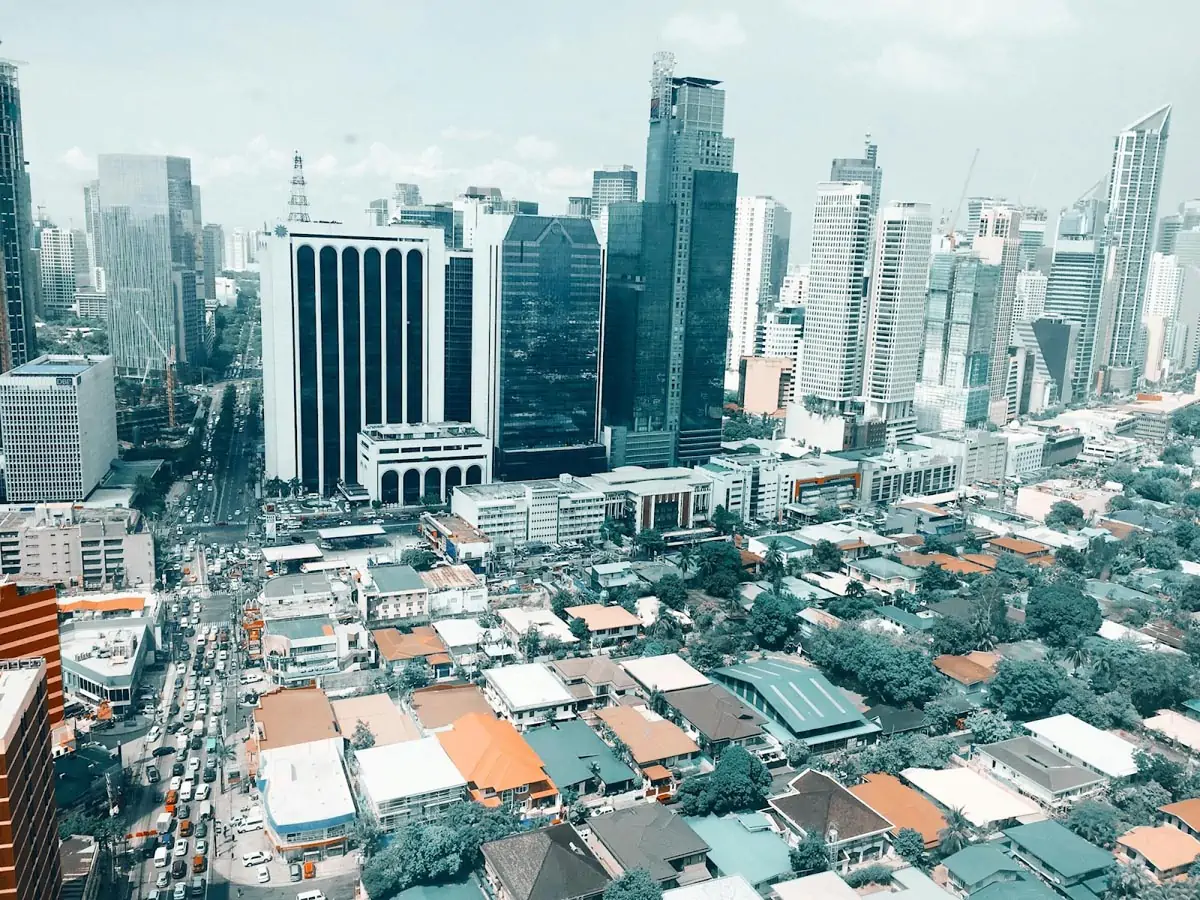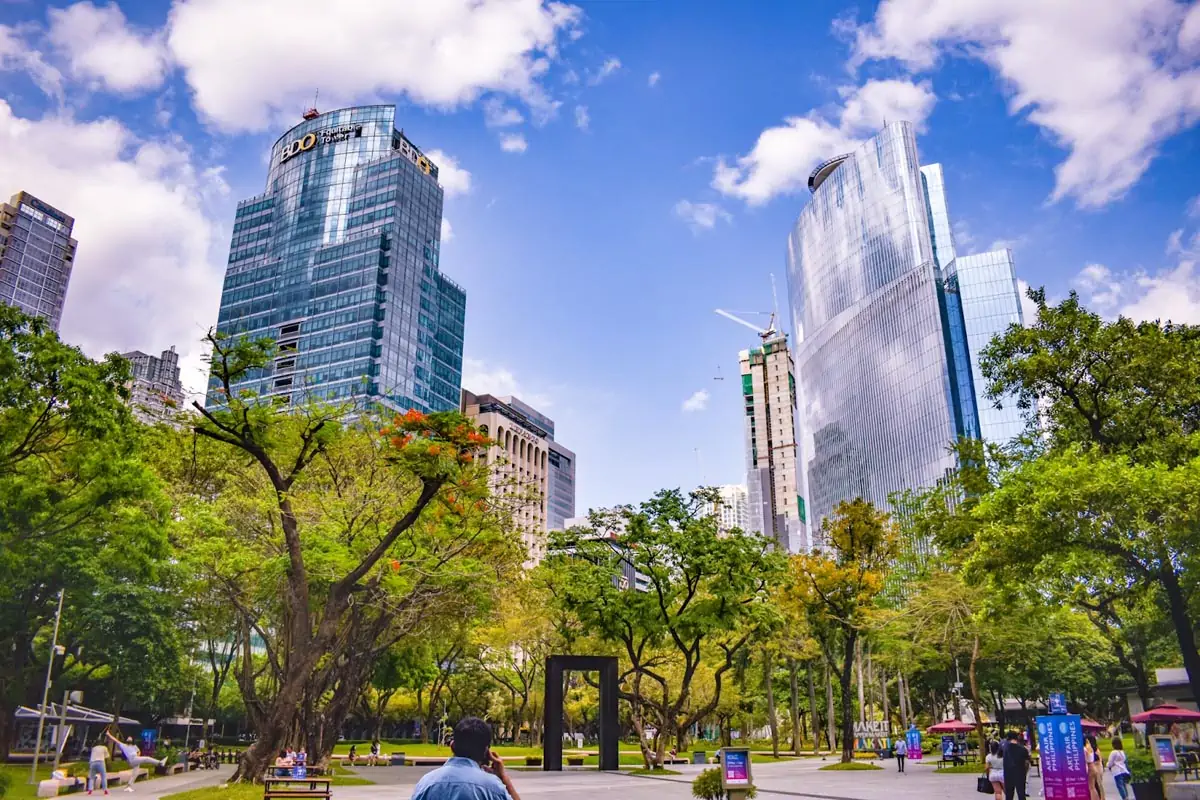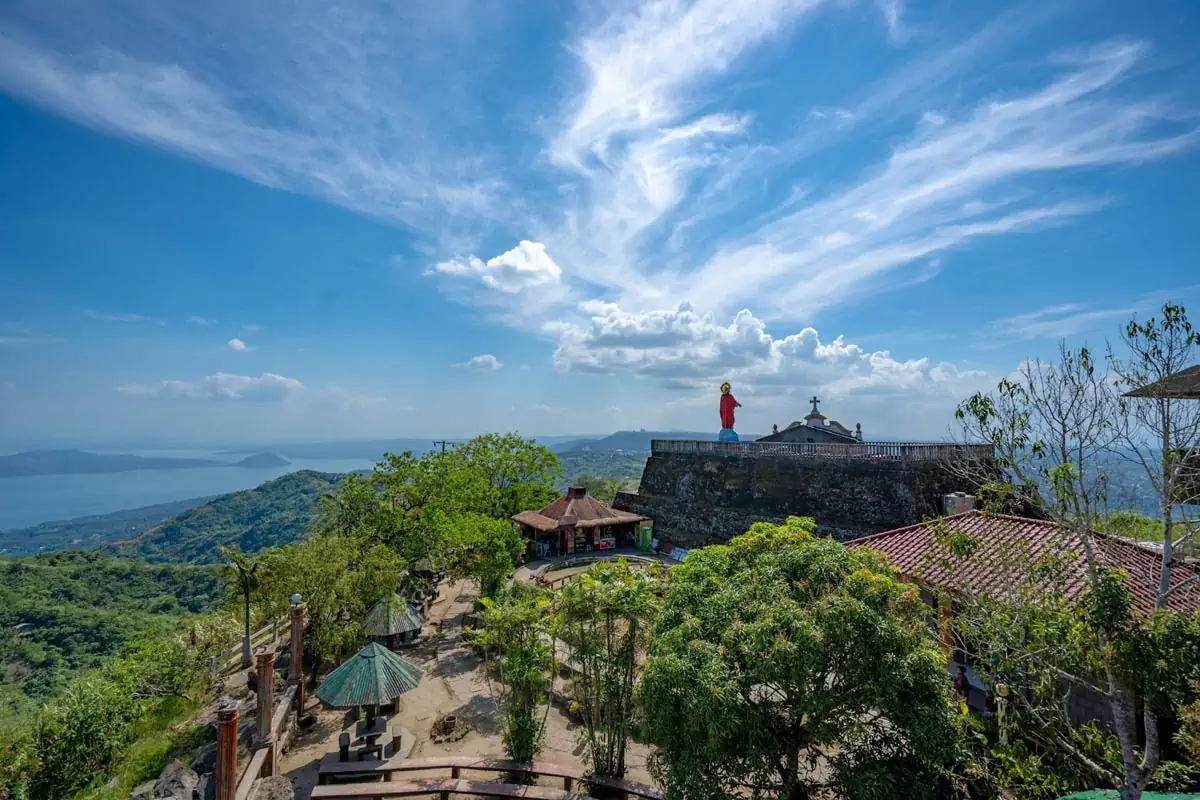When a 7.8 magnitude earthquake gripped Nepal on April 25, destroying a multitude of properties and claiming more than 10,000 lives, people began paying attention to Metro Manila’s disaster preparedness level. After all, Manila is not only densely-populated, it is also located in the fifth most vulnerable country when it comes to disasters. An imminent threat is the West Valley Fault, which traverses different cities in Manila and could trigger a Nepal-level earthquake in the next few decades.
Dr. Renato Solidum, Jr., director of the Philippine Institute of Volcanology and Seismology (PHIVOLCS) estimated that such a catastrophe in Manila would result in up to 36,000 deaths and another 18,000 fatalities in earthquake-related fires. It is also said that 40 percent of residential buildings would be destroyed. Given this grave scenario, protect yourself and your loved ones and equip yourself with knowledge on safe condo living. This article will tackle crucial earthquake preparedness tips that every condo renters should know.
Know Your Place
To be more specific, find out if the condo that you are living in is near — or right on top of — the West Valley Fault. If you live within five meters of the fault, move to another place. On the other hand, even if the fault does not cut across your area, you should still prepare as earthquakes originating from the fault can be felt in other places in Manila.
Find the Best Location
Anyone looking for condos for rent in the Philippines will do best with the most convenient, safe, and secure location. Aside from close proximity to work, school, and other key establishments, you should choose a condo in a crime-free place that is also not prone to earthquakes, floods, and other disasters. Choosing carefully will make condo renting hassle-free.
Inspect Your Condo Premises
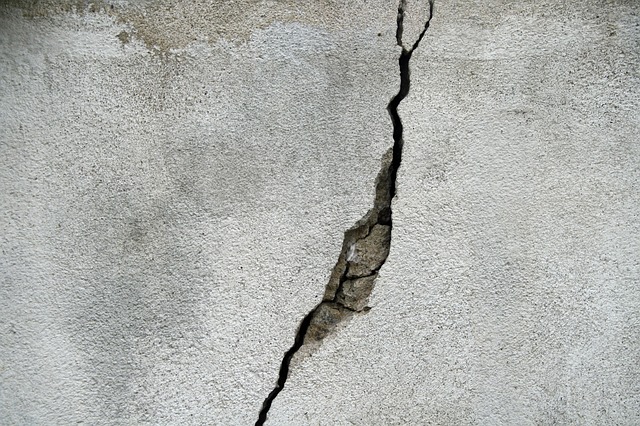
Photo Courtesy of struppi0601 via Pixabay
To ensure safe and sound condo living, check if your condo is capable enough to survive any calamities. Examine cracks and the building’s drainage, plumbing, and sprinkler system. The elevators should be fully functional. If you know any inspector, have them see your condo. Also, there should be safety reminders posted in visible places in the condo for everyone to see.
Look for Safety Certifications
Developers are mandated by law to comply with the government’s regulations for people’s safety. Read up on relevant legislative measures such as the National Building Code. This law was created to ensure that buildings — including condominiums — are designed and built to withstand different disasters. To find out if your condo is certified by the authorities, look for the building permit issued by the government.
Go for Earthquake-Resistant Condos
Because the Philippines is prone to natural calamities such as earthquakes, renting and living in a condo that is designed, engineered, and built with sufficient disaster preparedness in mind is your best option. With this, it is a wise investment to opt for earthquake-resistant condos, which are built on ideal soil conditions and made with high-quality construction materials. For added security, select a condo that is reviewed by third party experts.
Take Into Account Family Members With Special Needs
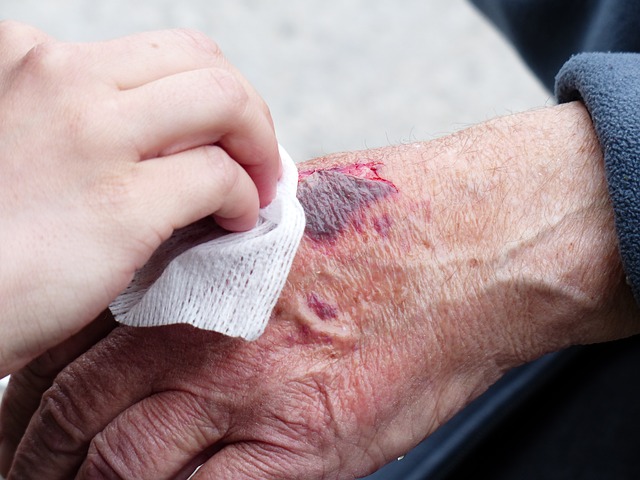
Photo Courtesy of Hans via Pixabay
While natural disasters spare no one within a particular place, there are some sectors that face barriers which make them more vulnerable to calamities. When preparing for earthquakes and other disasters, make sure to include your elders and people with disabilities. For instance, those who cannot get around without a wheelchair will find it hard to evacuate on their own. Devise a strategy within your family how to communicate with and look after these people during emergencies.
Know What to Do During and After an Earthquake
You can never be over-prepared for any disaster, which is why preparing does not end with making sure that your condo is structurally safe. Brush up on the do’s and don’ts during and after an earthquake. Once you feel the earth shake, drop to the floor, get under a sturdy table with your body curled up, protect your head with your arms and hands, and stay still until the earthquake is over. If you are in bed, use pillows to cover your head. Do not move around and avoid using the elevators.
After the earthquake, look around to see if it is safe to exit the building. Be ready for aftershocks. If you are trapped, do not move around. Instead, make noises so that rescuers can easily find you.
Secure Your Belongings
Minimize the risks of you and your family getting injured by your things during an earthquake. Secure your heavy appliances like televisions and refrigerators to the wall or to the floor. The same thing goes for heavy furniture like bookshelves. This is to prevent these from toppling over. Remove heavy objects from high places as these could fall on you. Put your china and other fragile items in a low-lying cabinet and install secure latches.
Consider Getting an Insurance
Whether you rent or own the condo unit that you live in, you might want to get an insurance that will cover your property and belongings in cases of earthquakes and other calamities. Different insurance companies and condo administrations have varying policies on this. Check with them, weigh your options, and choose what suits you best.
Do Your Part in Earthquake and Fire Drills
There is nothing like knowing exactly what to do in the unfortunate event that a catastrophe takes place. Inquire if your condo management and local government unit conduct earthquake and fire drills. Don’t forget to pencil in the schedule so you won’t miss out on this.
Keep Up with Current Events

Photo Courtesy of Kaboompics via Pixabay
Knowledge is the best weapon that you will have especially in life and death situations. Stay abreast of what’s happening in your area. Tune in to news reports by media outlets and posts by the authorities such as PHIVOLCS. However, be careful as false information can spread especially on social media. With this, select only credible and verified sources.
Every condo renters has a right to safe condo living. Do your part and keep these earthquake preparedness tips in mind to protect yourself and your loved ones.


